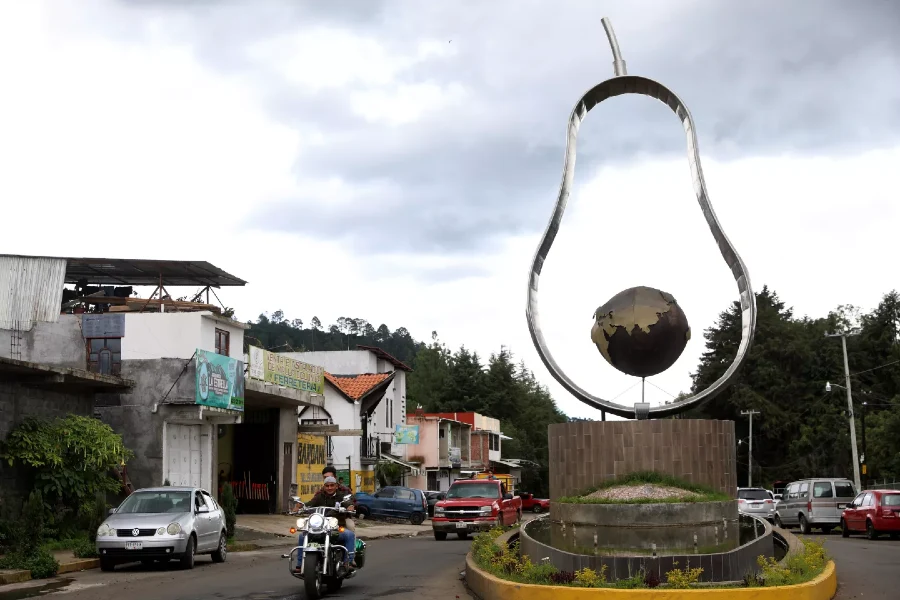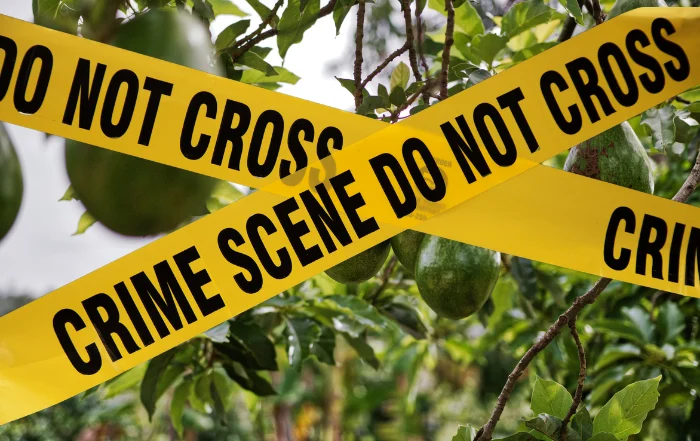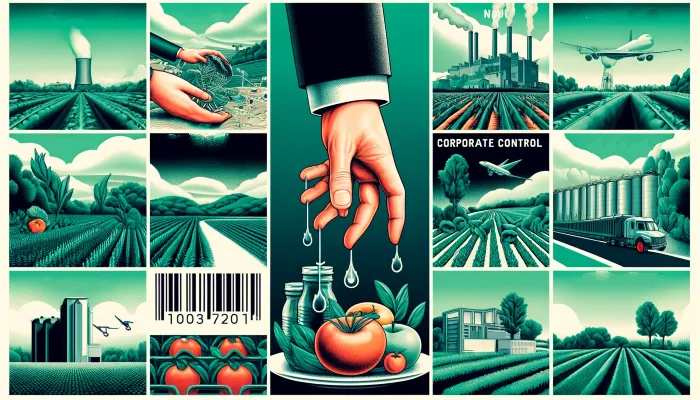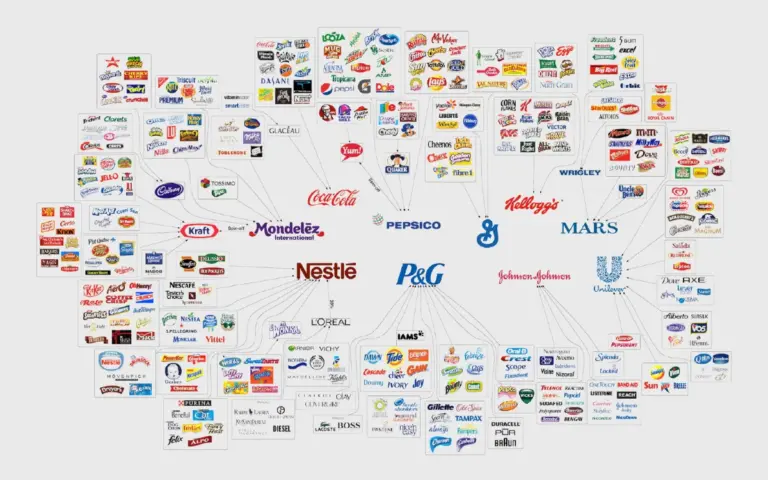Welcome to avocado country, where the majority of the fresh Haas avocados consumed in the United States are grown in Mexico’s Michoacán state. However, amidst the avocado orchards, there exists a dark reality: the presence of guns and violence.
Mexican farmers have banded together to form a vigilante group, driven by the need to protect their land from drug cartels that have brought kidnapping and murder to their communities.
This investigation takes us deep into Mexico to explore the true cost of our obsession with avocados, revealing the stories of those affected by this industry.
The Rise of Pueblos Unidos

In Michoacán, where one in five people works in the avocado industry, many have abandoned their jobs in the fields to defend their livelihoods.
In August of 2020, a self-defense movement known as “Pueblos Unidos” or “United Towns” was born.
Fearing retribution, the members of Pueblos Unidos requested their names remain anonymous. These farmers, without official training, carry unregistered firearms, a violation of Mexican law.
However, they argue that they have little choice but to take matters into their own hands in the face of imminent danger.
Seeking Help and Security
Recognizing the need for assistance, Pueblos Unidos organized a rally in the summer to implore the local government for support. Hundreds of people signed a petition, demanding increased security measures. While the crowd awaited a response, representatives delivered the petition to the mayor.
Although the mayor eventually addressed the crowd, no concrete promises were made.
While the government has provided some aid, locals argue that it falls far short of what is necessary to combat the cartels effectively.
Taking Matters into Their Own Hands
Pueblos Unidos has established over 50 roadblocks, strategically placed in the state of Michoacán, covering an area roughly half the size of Phoenix.
These checkpoints serve to search vehicles for weapons and keep cartels out of their territories.
Remarkably, these vigilantes were predominantly farmworkers who had little knowledge of firearms until they united for their protection. Now, instead of tending to their crops, they dedicate their time to target practice, honing their skills as guardians of their land.
A Persistent Threat
While larger towns pay for private police forces to repel cartels, the criminal organizations continue to infiltrate every corner of the avocado trade.
A 2019 report warned of avocados becoming the next conflict commodity, highlighting the increasing violence and corruption within Mexico’s avocado supply chain.
Criminal groups brazenly steal up to four truckloads of avocados daily and have even started cultivating avocados themselves. Shipping and packing facilities face attacks and extortion, leaving the industry in a state of constant turmoil.
The North American Free Trade Agreement Impact
The explosion of avocado imports from Mexico can be traced back to 1993 when the United States signed the North American Free Trade Agreement (NAFTA). This agreement lifted an 83-year ban on avocado imports from Mexico, sparking a surge in consumption.
Americans went from consuming about a pound of avocados per year in 1994 to over seven pounds in 2018.
The business became so lucrative that even the deadly violence hasn’t deterred newcomers from attempting to break into the market.

Balancing Profit and Protection
Despite the challenges, individuals like Eduardo Montero and his partners are determined to cultivate avocado trees on rocky mountainsides. Their families understand the delicate balance required to navigate dealings with the cartels.
A 76-acre farm, like Eduardo’s, has the potential to generate over $200,000 in revenue per harvest, with multiple harvests each year. However, if subjected to local rates, they may have to pay the cartels around $68,000 in protection money.
The Growing Love Affair with Avocados
Despite the turmoil surrounding avocado production, the world’s love affair with this creamy fruit shows no signs of waning. The demand continues to grow, driven by its popularity as a healthy and versatile food. As avocado consumption rises, it’s increasingly important that we, as consumers, remain aware of the hidden costs associated with its production, ensuring that their choices support ethical practices and the well-being of farmers.
More To Discover
- Chinese Public Companies Exploiting Endangered Species in Medicine Production
- Amazon’s Green Hope Reduced to Ash: Arson Devastates Three-Year Reforestation Endeavor
- The High-Stakes Battle Against Illegal Palm Oil Plantations In Honduras
- Nestlé Resists Investor Pressure to Reduce Unhealthy Ingredients in Its Products
Avocado country, where the fruits of labor are tainted by violence, showcases the human toll of our obsession with avocados. The courage of those who form Pueblos Unidos represents a grassroots resistance against the intrusion of cartels into their industry and their lives.
By shedding light on the struggles faced by avocado farmers, we can foster a collective responsibility to support sustainable practices, fair trade, and the well-being of those who bring this beloved fruit to our tables. Together, we can strive for an avocado industry that thrives without sacrificing the safety and security of its workers and communities.




















